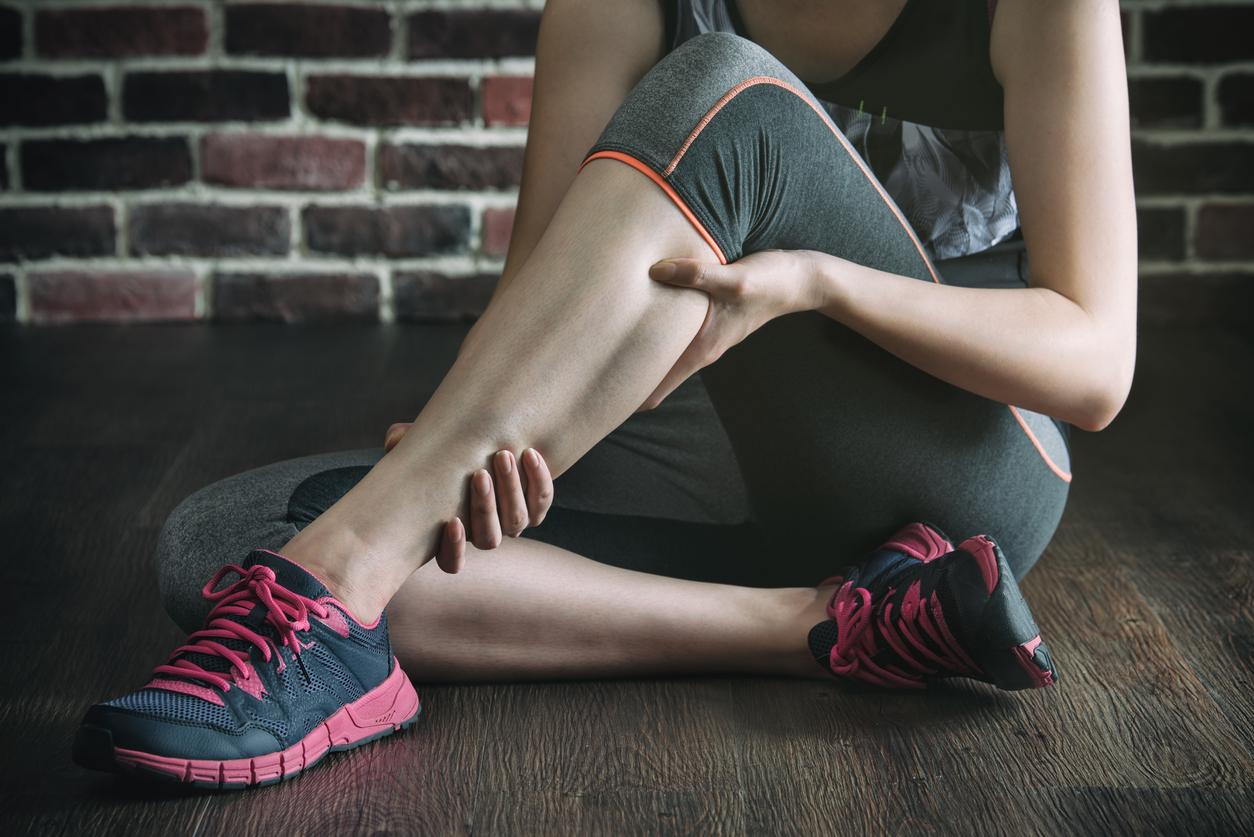The gym exercise most likely to cause injury, revealed
It’s responsible for more than one in three gym-related hospital visits

Your support helps us to tell the story
From reproductive rights to climate change to Big Tech, The Independent is on the ground when the story is developing. Whether it's investigating the financials of Elon Musk's pro-Trump PAC or producing our latest documentary, 'The A Word', which shines a light on the American women fighting for reproductive rights, we know how important it is to parse out the facts from the messaging.
At such a critical moment in US history, we need reporters on the ground. Your donation allows us to keep sending journalists to speak to both sides of the story.
The Independent is trusted by Americans across the entire political spectrum. And unlike many other quality news outlets, we choose not to lock Americans out of our reporting and analysis with paywalls. We believe quality journalism should be available to everyone, paid for by those who can afford it.
Your support makes all the difference.While most people believe in the old adage “no pain, no gain” when it comes to workouts, believe it or not that saying doesn’t always apply at the gym.
In fact, pushing yourself too hard can put you at risk of injury and it turns out there are some exercises more likely to cause damage than others.
To find out what the riskiest exercises and equipment might be, ellipticalreviews.com – an online database of unbiased elliptical reviews – analysed comprehensive data from the US National Electronic Injury Surveillance System.
By examining workout-related emergency room visits from 2016 they revealed the exercise most likely to cause harm – the treadmill.
That’s right, whether you’re training for a race or simply enjoy the odd jog, it revealed that more than one in three gym-related hospital trips involved running.
What’s more, 34 per cent of women and 31 per cent of men who obtained injuries while doing so were using a treadmill.
In this case, the data revealed that most injuries involved shin splints, stress fractures, and runner’s knee – all likely to have resulted from the person pushing themselves too hard or not warming up properly.
That being said, the report also revealed numerous traumas that were the result of unfortunate accidents.
The worst offender? Medicine balls. While they can be great for working out the core, legs, hips, arms and more, it revealed that the tool was in fact responsible for seven per cent of A&E visits.
With some of these exercises involving throwing or slamming the ball against another surface, most of the injuries recorded complained of damage to the head.
Similarly, jumping rope and the pull-up bar led to comparable accidents, while tools like resistance bands led to injuries to the eye.
So, what can you do to minimise the risk of getting hurt while you train? We spoke to personal trainer Harry Smith to find out.
“I would definitely agree that treadmills are the biggest risk in a gym, I’ve witnessed many people fall off - usually because they drop their phone and then panic,” he told The Independent.
“The number one way to avoid injury in a gym is to make sure you’re doing the exercise properly. Strength exercises like squats, deadlifts, overhead presses, kettlebell swings etc are all technical skills. No one is born able to do them safely and efficiently.
“Most gyms offer a free induction of some kind - take it and ask them to quickly coach you through some of the compound lifts (provided they are a proficient trainer). Even if you feel you won’t benefit it’s well worth seeing it done by a professional.
“Secondly, always do a dynamic warm up. It doesn’t have to be 30 mins long - five minutes will suffice. Just be sure to take most of your joints through a good range of motion. Some body weight squats, push ups, mountain climbers and spine rotations will suffice for most people."
Join our commenting forum
Join thought-provoking conversations, follow other Independent readers and see their replies
Comments